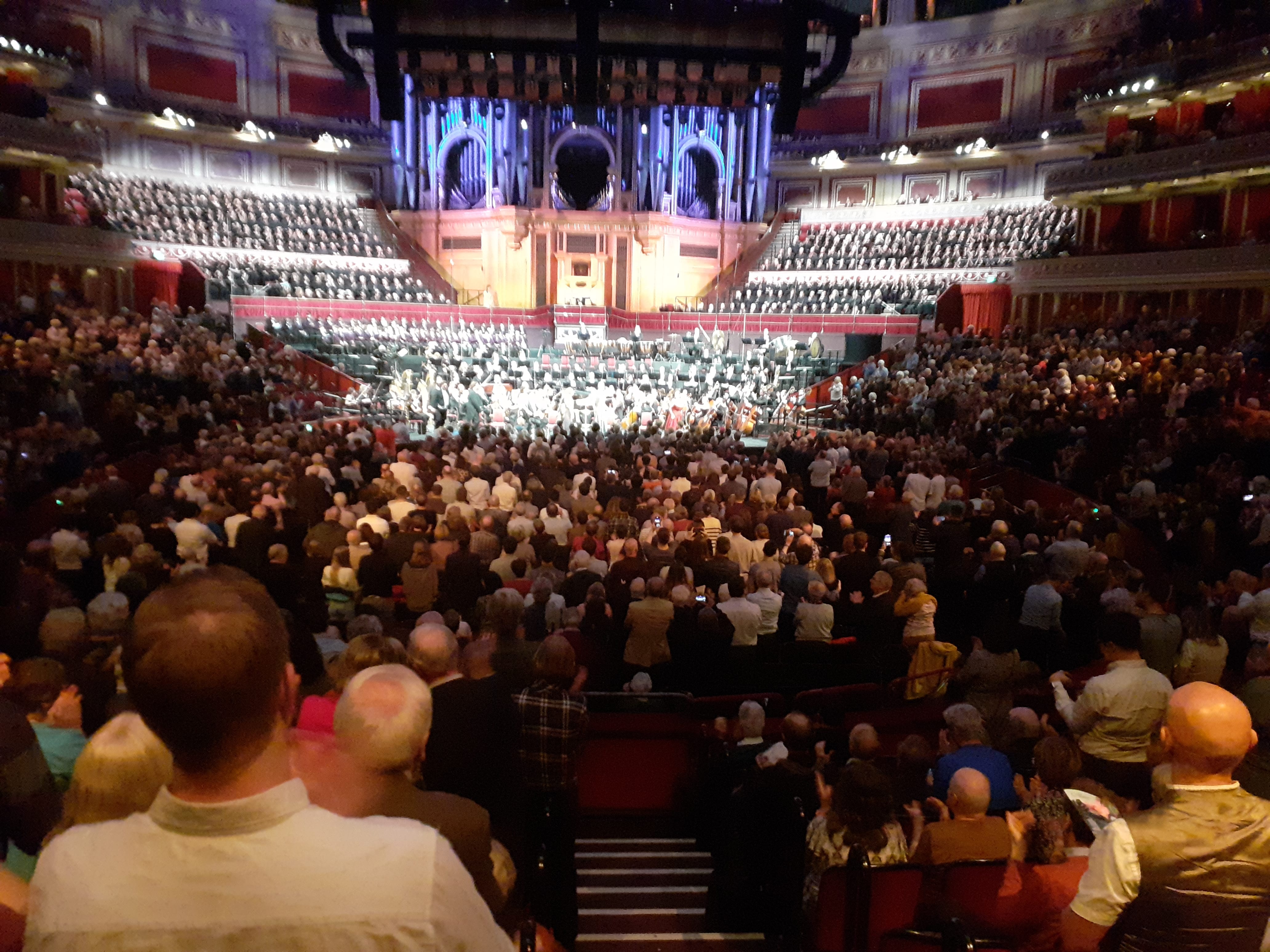First review: This was a Mahler Eighth and a half
NewsWhen Gustav Mahler was writing his eighth symphony, over six weeks in the summer of 1906, he expressed doubts that there was a hall large enough in the world to contain it. The symphony requires a huge orchestra, eight vocal soloists, three adult choruses, two boys choirs – and that’s a minimum. The impresario who staged its first performance in Munich in 1910 used a temporary structure with 3,000 seats and dubbed the work The Symphony of A Thousand for the vast array of performing manpower required, not to mention women and children.
A fully convincing performance is hard to obtain. The first half of the work, a Pentecostal hymn, is joined to the second – an extract from Goethe’s Faust – by a contemplative instrumental passage that seems out of place between the two continental shelves (it would later spark the Sea Interludes in Benjamin Britten’s Peter Grimes). Mahler described himself as being inspired throughout the process of composing, lacking objective distance. It was the only time he failed to revise a score. Difficulties abound. I have seen some very distinguished maestros produce 90-minute meanderings that are no more than the sum of random parts.
This afteroon’s performance at the Royal Albert Hall was not one of those occasions. The hall, opened in 1871, is practically purpose-built for Mahler’s Eighth. Equipped with a thunderous organ and outlying balconies on which to place offstage instruments, it embraces the opening roar of Veni, Creator spritus (come, creative spirit) with expansive ease. Bring it on, says the hall, and that’s just what Vasily Petrenko and the Royal Philharmonic did, before a house that was packed, rapt and ecstatic. Almost as if Covid never happened.
Peterenko is a man revitalised after a long stint with the Royal Liverpool Philharminic. He is now leading a London orchestra that seems to spend most of its time abroad. Only the RPO could afford to stage Mahler Eighth in present financial uncertainties. The opening blast literally lifted people out of their seats. The visceral force of Veni is utterly irresistible.
The orchestra continued to alternate ear-busting volume and filigree solos, most memorably from leader Duncan Riddell and principal flute Emer McDonough. The percussion at one point threatened unilateral independence. The two boys choirs deserve to be let off games for a week (I shall write to their headmasters). Of the vocal soloists, Sarah Wegener and Regula Mühlemann crested surging waves sound like seagulls in an Atlantic tornado. Sopranos are not designed to overcome hundreds of voices; these heroines did.
Of the half-dozen Mahler Eighths I have heard in concert, Tennstedt, Solti and Chailly stand out. Today’s was a performance in that elevated class, maybe even a bit more. A Mahler Eighth and a half. Otto e mezzo, as Fellini would have said.






Comments